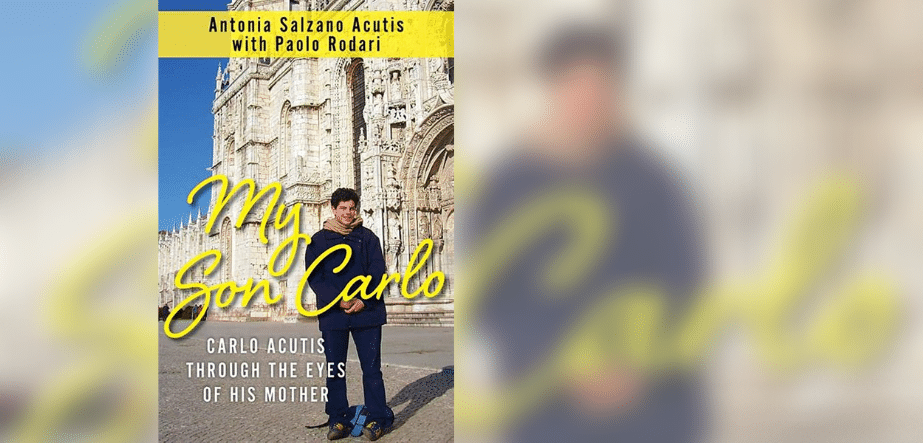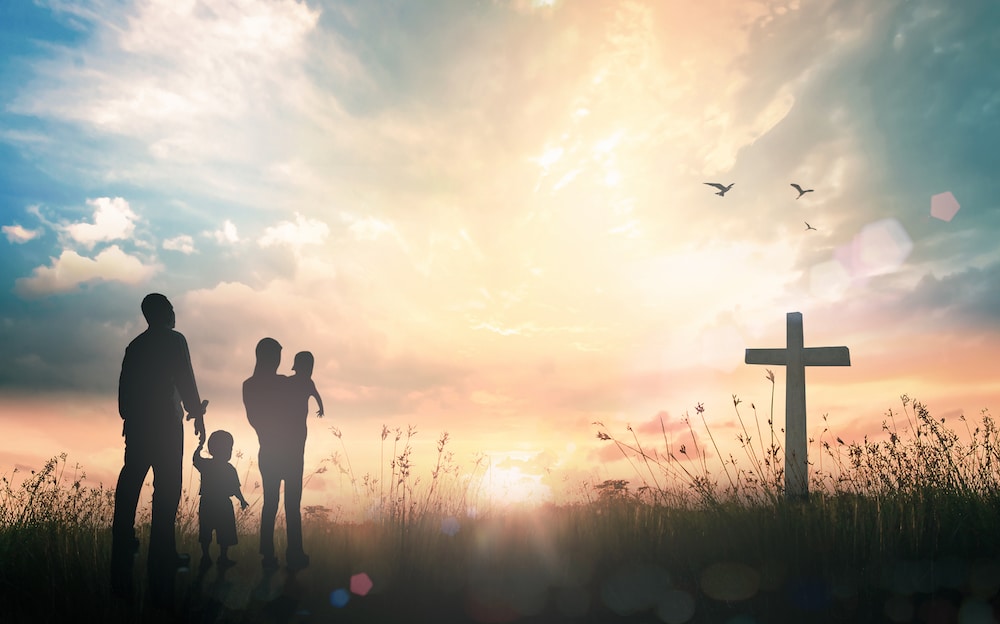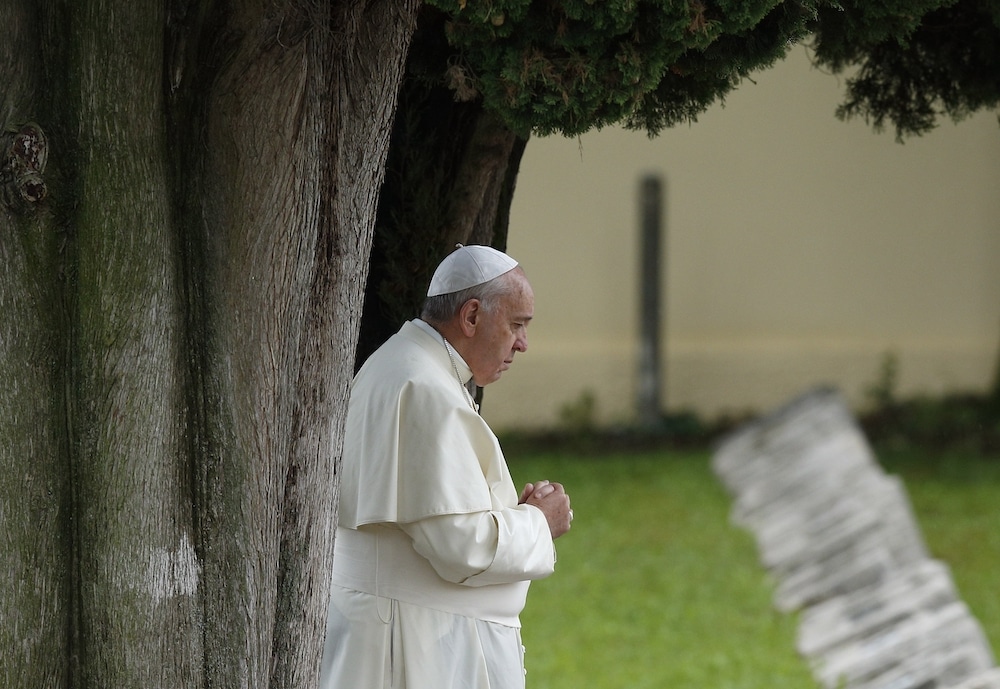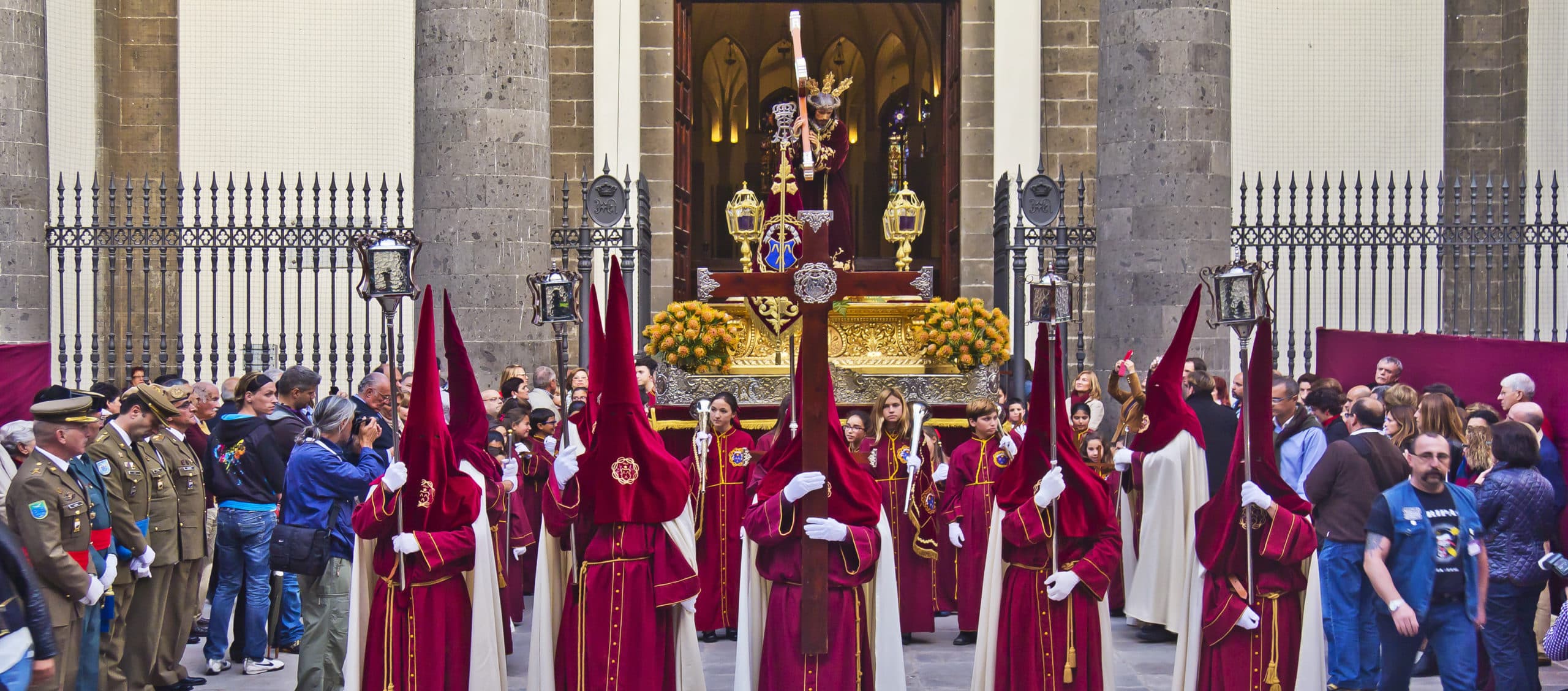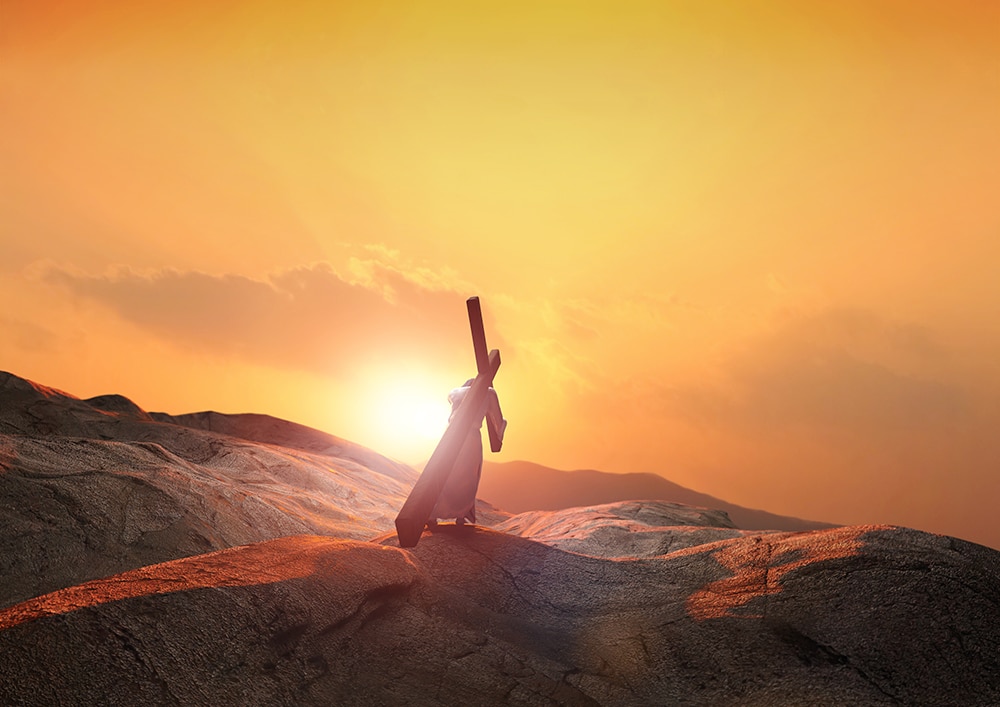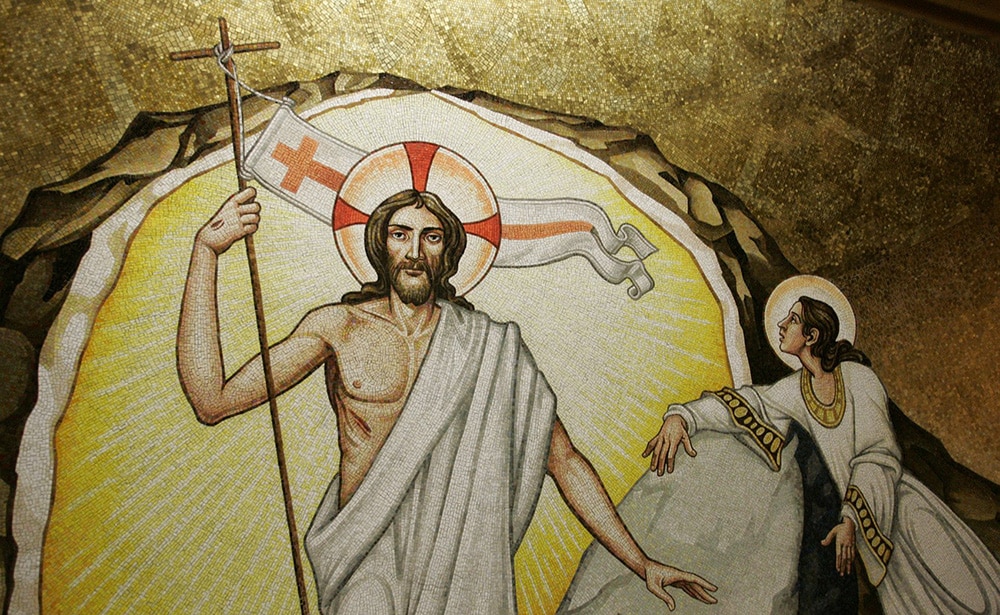It’s not often that we get to hear the mothers and fathers of saints open up about their children. Blessed Carlo Acutis, who lived from 1991-2006, was beatified in 2020. Known for his love of video games and his skill with computers, he lived a life marked by solicitous care of the poor and devotion to the Blessed Sacrament.
In a newly published memoir, his mother, Antonia Salzano Acutis, shares for the first time the intimate, private moments of her son’s life, including his final days in vivid detail. Blessed Carlo died from leukemia at the age of 15. In her own words, Antonia tells stories and memories as a mother who lost her son too early but was forever shaped by his remarkable life.
The following is an excerpt from the newly published memoir, “My Son Carlo: Carlo Acutis Through the Eyes of His Mother” (OSV, $27.99, pp. 240):
His relationship with Jesus changed me
Before Carlo was born, I did not have faith. I was born and lived for years in the center of Rome. My parents sent me to study in a school run by nuns. I learned some notions of catechism, some prayers, but nothing more.
Only when Carlo came into my life did things change. Since he was little, he was constantly attached to Jesus. This relationship of his changed me. Due to his presence in my house, and his faith, I also had to learn to start asking myself questions, coming back to myself to go deeper and deeper and capture the things that had to change in me.
Due to his presence in my house, and his faith, I also had to learn to start asking myself questions, coming back to myself to go deeper and deeper and capture the things that had to change in me.
While Carlo lay dead on his bed, I found the strength to bring a bit of this new life, a bit of this “eternity” that surrounds us without ever abandoning us, to those who came into our home. I found a light inside me, a light which was not mine, and I discovered that saying certain things no longer took effort.
Many people who came to our home were far from any practice of faith — that is, nonbelievers, for whom death was no more than a leap into nothingness. I saw their anguish, I saw their despair. I understood it, and I understood them, because these feelings had also been mine.
Before Carlo was born, I was also like them. I was a prisoner of the relative, which is a limitation, a dead end, a boundary, an attachment, slavery. I lived in the most complete ignorance, just like the slaves described in Plato’s myth of the cave. Since they were children, they had lived chained inside a cave, unable to move, and believed that the shadows of things from outside which bounced against the wall in front of them were the only reality. One day, one of the prisoners was able to free himself from the chains and discovered the truth. That is a bit like what happened to me.
Carlo showed me how to spend my days in the light of eternity. He taught me always to look toward heaven, toward the absolute, and not bent down toward the temporary, the relative. Day by day, he helped me glimpse a way to leave the relative and become a pilgrim of the absolute, which is a synonym for the supernatural and also for grace. And grace is nothing other than the recognition of this absolute. As St. Thomas Aquinas wrote:
And that [people] are “turned” to God can only spring from God’s having “turned” them. Now to prepare oneself for grace is, as it were, to be turned to God; just as, whoever has his eyes turned away from the light of the sun, prepares himself to receive the sun’s light, by turning his eyes towards the sun. Hence it is clear that man cannot prepare himself to receive the light of grace except by the gratuitous help of God moving him inwardly.
Grace is the absolute found again. Grace and the absolute are connected by Calvary, by Jesus’ death on the cross, a supreme act of God’s love and mercy toward men. From this arose the sacraments, through which we receive grace.
Carlo taught me all of those things. He taught me to direct my everyday life toward the seeking of the absolute, of grace. To do this, one must constantly tap into the sacraments, go look for them, attend them. Living while looking toward the absolute helps us to see that every instant of our life is full of an unimaginable light. And in this way, everything is transformed, everything becomes new, the light inhabits our lives, even in unremarkable or dark times. Everything turns in the direction of eternity.
He taught me to direct my everyday life toward the seeking of the absolute, of grace.
Thanks to Carlo, I did not arrive at his death unprepared. Even through the immense pain, I interiorized and made certain that death is not a part of God’s, because death is a negative reality, while God is the God of life and of good things, my own. However, it is a fact, it exists, but we can get through it together with him. As Carlo wrote, “Man can pass from this existence, limited by time and space, to Eternity without any upheaval.”
This text is copyright 2023 by Our Sunday Visitor, all rights reserved. “My Son Carlo” is available at osvcatholicbookstore.com and wherever Catholic books are sold.

